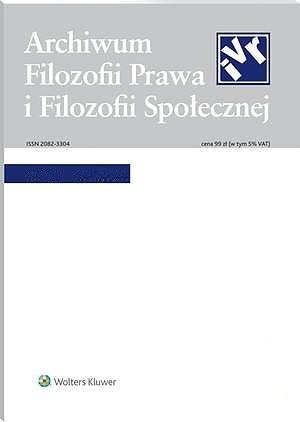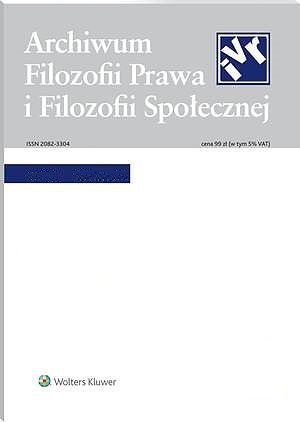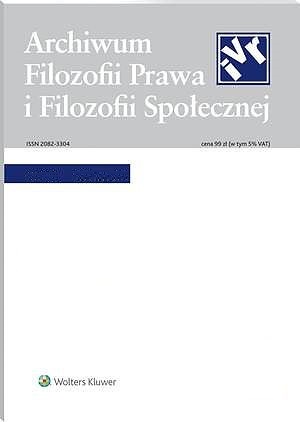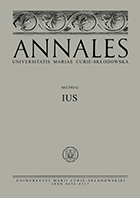
Przeciwko lokalnej teorii znaczenia dla języka prawnego – uwagi ogólne
Within philosophy of law as well as philosophy of language one can find a view suggesting that legal and natural languages have two different theories of meaning: meaning externalism and intentionalism accordingly. This view can be interpreted as a metaphysical one, ie. that there are two different kinds of facts that determine that expressions of legal and natural languages mean whatever they mean. For natural language these facts would be intentions of the speaker. Such a view of natural language seem intuitive as the aim of a communication is usually trying to grasp whatever a speaker has in mind. Such a view proves, however, problematic for the legal language. Meaning exteralism for legal language, on the other hand, allows for law to be objective. But it must show how its expressions are meaningful (as content is usually closely related to intentionality). As a result, a satisfactory theory of facts constituting linguistic meaning might require a pressuposition that meaning (also legal or natural) is a social artifact: its content is constituted by some kind of collective intentionality of language users. This solves a numer of problems with both intentionalism and meaning externalism – but also creates new ones that might require further studies.
More...




